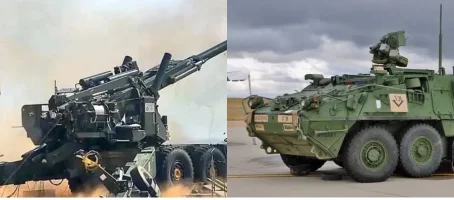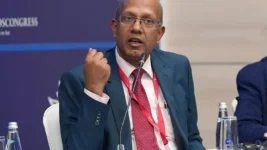
India's new electric vehicle (EV) policy is making waves, with the government expecting a strong response from automakers worldwide, not just Tesla. Rajesh Kumar Singh, secretary of the Department for Promotion of Industry and Internal Trade (DPIIT), revealed this during the Confederation of Indian Industry's annual summit.
Clever Tariff Tweaks, No Cash Needed
The government's strategy? Smart tariff adjustments that incentivize manufacturers to set up shop in India without draining the national coffers."We're not just focused on one company," Singh clarified, alluding to Tesla. "This policy is designed to attract a wide range of players."
Tyre Industry Takes the Bait
This approach is already yielding results. Two major multinational tire companies have pledged investments in India after the government offered them a deal: import permits in exchange for local production of certain product lines.Quality Control Boosts Domestic Manufacturing
India's mandatory quality control standards and licensing norms are also playing a role in driving investment."We're finding creative ways to achieve the same goals as our Production Linked Incentive (PLI) scheme, but through strategic use of tariffs and non-tariff policies," Singh explained.
More FDI Reforms on the Horizon
With a new government on the horizon, India is poised to further liberalize foreign direct investment (FDI) norms."We've already seen significant liberalization in recent years," Singh noted, "and there's potential for even more easing in the future."
PLI Scheme Delivers Results, Despite Critics
While the PLI scheme has faced criticism, Singh emphasized its success in driving employment, particularly for women in Tamil Nadu's electronics industry."The aim is strategic autonomy and reducing reliance on insecure supply chains," he said, highlighting the importance of domestic manufacturing for national security.
Lower Tariffs, More Free Trade Agreements
India is gearing up for a future with lower tariffs and more free trade agreements (FTAs). The DPIIT is even conducting a study on inverted duty structures, where finished goods face lower import duties than their raw materials.Ease of Doing Business Rankings: A Key Focus
In preparation for the World Bank's upcoming Business Ready survey, India is working to improve its ease of doing business ranking."These rankings matter," Singh acknowledged, "and we're committed to making India an even more attractive place to do business."
Open-Source Insights
Open-source reports indicate that India's EV market is projected to grow exponentially in the coming years, with the government targeting 30% EV sales penetration by 2030. Government initiatives like the Faster Adoption and Manufacturing of Hybrid and Electric Vehicles (FAME) scheme and the PLI scheme for Advanced Chemistry Cell (ACC) battery manufacturing are expected to further accelerate this growth.Overall, India's multi-pronged approach to attracting investment, boosting domestic manufacturing, and promoting EVs is positioning the country as a major player in the global economy.




